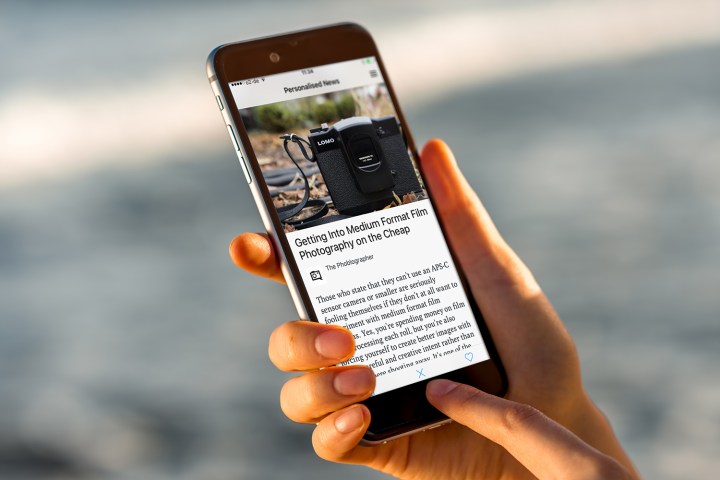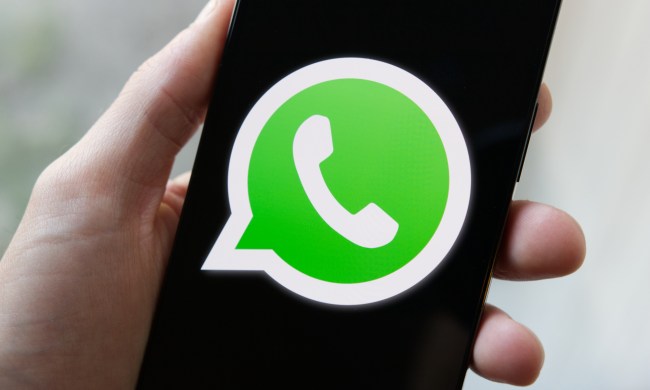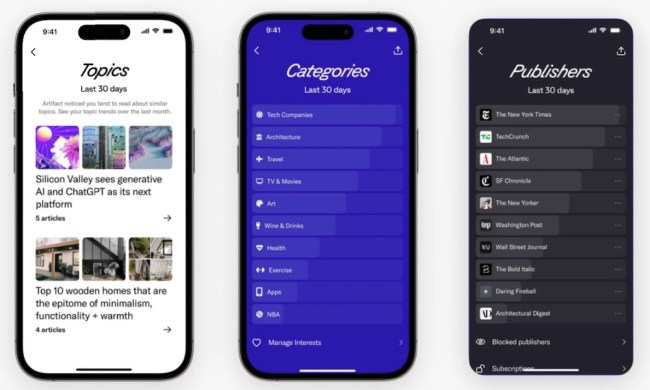
So how much did election fatigue really kick in? As was expected, use of news reading apps was up in the lead-up to each presidential debate. The first debate, however, saw a 12 percent increase in news app usage, but by the time the third debate rolled around there was an increase of only 3 percent. That’s hardly enough to suggest that people are really interested in what’s going on.
After the first debate, the number of news app sessions also declined when those apps weren’t being used for major events — such as the Access Hollywood tape leak and the reopening of the Hillary Clinton email investigation. In fact, it seems like the Access Hollywood leak accounted for the highest uptick in news app usage during the election cycle, during which news app use was up 18 percent. The second-highest spike wasn’t even related to the election — it was instead following the Chicago Cubs winning the World Series.

Flurry suggests that these trends highlight U.S. citizens’ election fatigue, in which people become tired of election-related news and as such simply stop trying to follow it. The idea of election fatigue isn’t all that new — many have complained about it on social media too. This so-called fatigue could have caused users to stop engaging with the news, eventually leading to users not fact-checking things for themselves.
According to Flurry, most election news stories were only in the news cycle for 48 hours per topic — which basically means that once a user had engaged with a news story, they would subsequently disengage from updates to the story.



